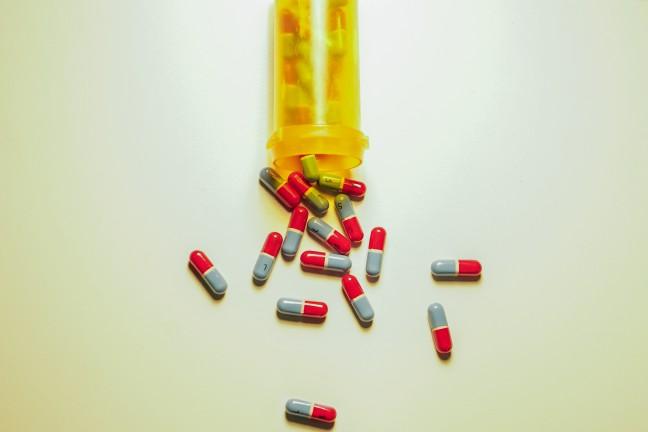The University of Wisconsin recently partnered with Wisconsin Voices for Recovery to provide naloxone in campus residence halls.
Naloxone is an opioid antagonist that treats opioid overdoses by attaching to opioid receptors to block the absorption of opioids in the brain, according to the UWPD. Opioids are a type of pain medication that bind to opioid receptors in the brain and other areas of the body, reducing pain, according to University Health Services.
The efforts come after the 2022 Dane County Overdose Fatality Review reported that 138 people in Dane County died due to drug overdose in 2020, a 39% increase since 2016. Opioids were involved in 9 in 10 drug overdose deaths.
It is important that students can recognize the signs of an opioid overdose and respond quickly by administering naloxone and calling 911, University Health Services health communication strategist Sarah Clifford Glapa said in an email statement to the Badger Herald.
Signs of an opioid overdose include slowed or shallow breathing, pinpoint pupils, loss of consciousness, falling asleep, limp body and blue or cold skin, according to UWPD.
At UW, Nalox-ZONE boxes—which contain naloxone nasal spray and a breathing mask—are available in 12 University Housing locations. The boxes include instructions for how to administer the naloxone, according to the Wisconsin Voices for Recovery website.
University Housing students have access to Nalox-ZONE boxes 24/7. Nalox-ZONE boxes located in the dining halls are available to anyone during open hours, according to UHS.
If a resident is concerned about their own or another’s substance use, they may take the naloxone from the box and carry it with them in case of an emergency, Glapa said. When a Nalox-ZONE box is opened, a notification is sent to Wisconsin Voices for Recovery to notify them that the box needs to be refilled.
Police will not be notified when a Nalox-ZONE box is opened, according to UHS.
When 911 is called in the event of an alcohol or drug emergency, the University’s policy on Amnesty Through Responsible Action guarantees that neither student involved receives disciplinary actions or citations if they cooperate throughout the entire process.
“Everyone plays a role in making UW-Madison a community where students can thrive,” Glapa said. “Integrating this life-saving measure into student spaces demonstrates our campus’s commitment to creating a culture of care.”


